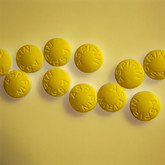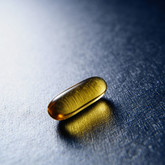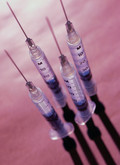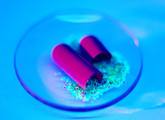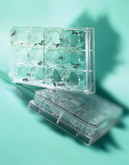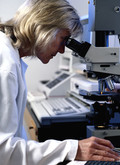Biosimilars/Research
|
Posted 05/10/2012
Period: January to August 2012
Biosimilars or ‘biosimilar medicinal products’ are medicinal products that are similar (but not identical) in terms of quality, safety and efficacy to an authorised biological reference medicine. Manufacturing of biologicals is complex, and the quality of the resulting biological is dependent on careful control of manufacturing processes and conditions. Unlike traditional small molecule (chemical) drugs, the development of biologicals is different and variable with respect to the manufacturing process and environmental factors, such as light and temperature. The complexity and heterogeneity of the molecular structure, complicated manufacturing processes, different analytical methods and possibility of immunogenicity reactions make quantitative evaluation of biosimilars a challenge to both the scientific community and regulatory agencies.








